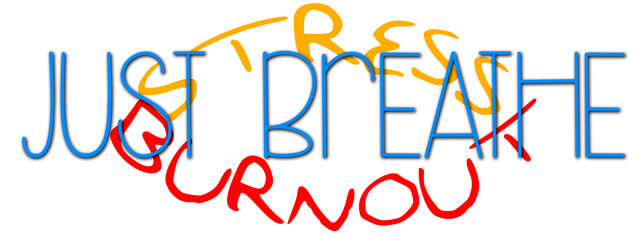
In this episode, I talk with Dr. Dike Drummond about a common and serious issue in the medical world today—physician burnout.
In fact, burnout is found to happen to one in three physicians. Not only do physicians experience burnout but medical students do as well. And don’t blame it on the electronic medical records (EMRs). Surveys on the prevalence of physician burnout have actually been down in the last 20 years.
Although we have the intention to heal other people as physicians, sometimes we forget to take care of ourselves. This is something that needs to be discussed. Physician burnout seems to be invisible, but it can take its toll on your practice and your life in general.
Listen in to learn more about what burnout is, how it’s measured, how to avoid it, and the power of mindfulness. Lastly, learn about the squeegee breathing technique to help you get through the day with more awareness and less stress.
Listen to this podcast episode with the player above, or keep reading for the highlights and takeaway points.
[Related post: Avoiding the Burn: 7 Tips for Premeds and Medical Students.]
[Related episode: A Burnout Story and What You Can Do to Avoid It.]
These details are based on the Maslach Burnout Inventory.
How men experience burnout:
Men don’t often go to “self-doubt.” So these doctors get tired, cynical, and sarcastic, but they still believe they’re doing good work.
These doctors get tired, cynical, and sarcastic, but they still believe they're doing good work.Click To TweetHow women experience burnout:
Women comprise 85% of Dr. Drummond’s clients.
There is no such thing as “balance in the moment.” In each moment, you’re either studying 100% or you’re with your family 100%. But over time you find balance.
You have to take care of your needs first.
[Related episode: How to Protect Your Relationships as a Premed and Med Student.]
[Related episode: How Can I Learn to Relax and Destress for the MCAT?]
You are not a doctor. You’re a human being who’s chosen to practice the craft of medicine as a way to make a difference in the world. But it’s not who you are. There is more to you and your life. Shut off medicine when it’s time to, and relax into the rest of you.
There is more to you and your life. Shut off medicine when it's time to, and relax into the rest of you.Click To Tweet
Lorem ipsum dolor sit amet, consectetur adipiscing elit
I just received my admission to XXXXX! This is unreal and almost feels like I am dreaming. I want to thank you for all of your help with my application. I cannot overstate how influential your guidance and insight have been with this result and I am eternally grateful for your support!
IM SO HAPPY!!!! THANK YOU SO MUCH FOR ALL YOUR HELP, IM INDEBTED TO YOU! Truly, thank you so much for all your help. Thank you doesnt do enough.
I want to take a few moments and thank you for all of your very instructive, kind and consistent feedback and support through my applications and it is your wishes, feedback, and most importantly your blessings that have landed me the acceptance!
I got into XXXXX this morning!!!! It still has not hit me that I will be a doctor now!! Thank you for all your help, your words and motivation have brought me to this point.
I wanted to once again express my heartfelt gratitude for your help in providing feedback during my secondary applications. Your guidance has been instrumental in my journey.
Just wanted to share my wonderful news! I received my first medical school acceptance! Thank you for all that you do for us Application Academy!!!
I am excited to tell you that I just got my third interview invite from XXXXX today! I can’t believe it. I didn’t even know if I was good enough to get one, let alone three – by mid-September. Thank you so much for all of your help and support up to this point; I would not be in this position without it!!
I wanted to thank you for helping me prepare for my XXXXX interview. Even in a 30-minute advising session, I learned so much from you. Thank you for believing in me, and here’s to another potential success story from one of your advisees!
I just received an acceptance with XXXXX! This is so exciting and such a huge relief and so nice to have one of our top choice schools! I also received an interview with XXXXX which brings the total up to 20 interviews! Thank so much, none of this would have been possible without you!

Join our newsletter to stay up to date
* By subscribing you agree to with our Privacy Policy and provide consent to receive updates from our company.
Resources
Advising Services
Podcasts & Youtube
Books
About